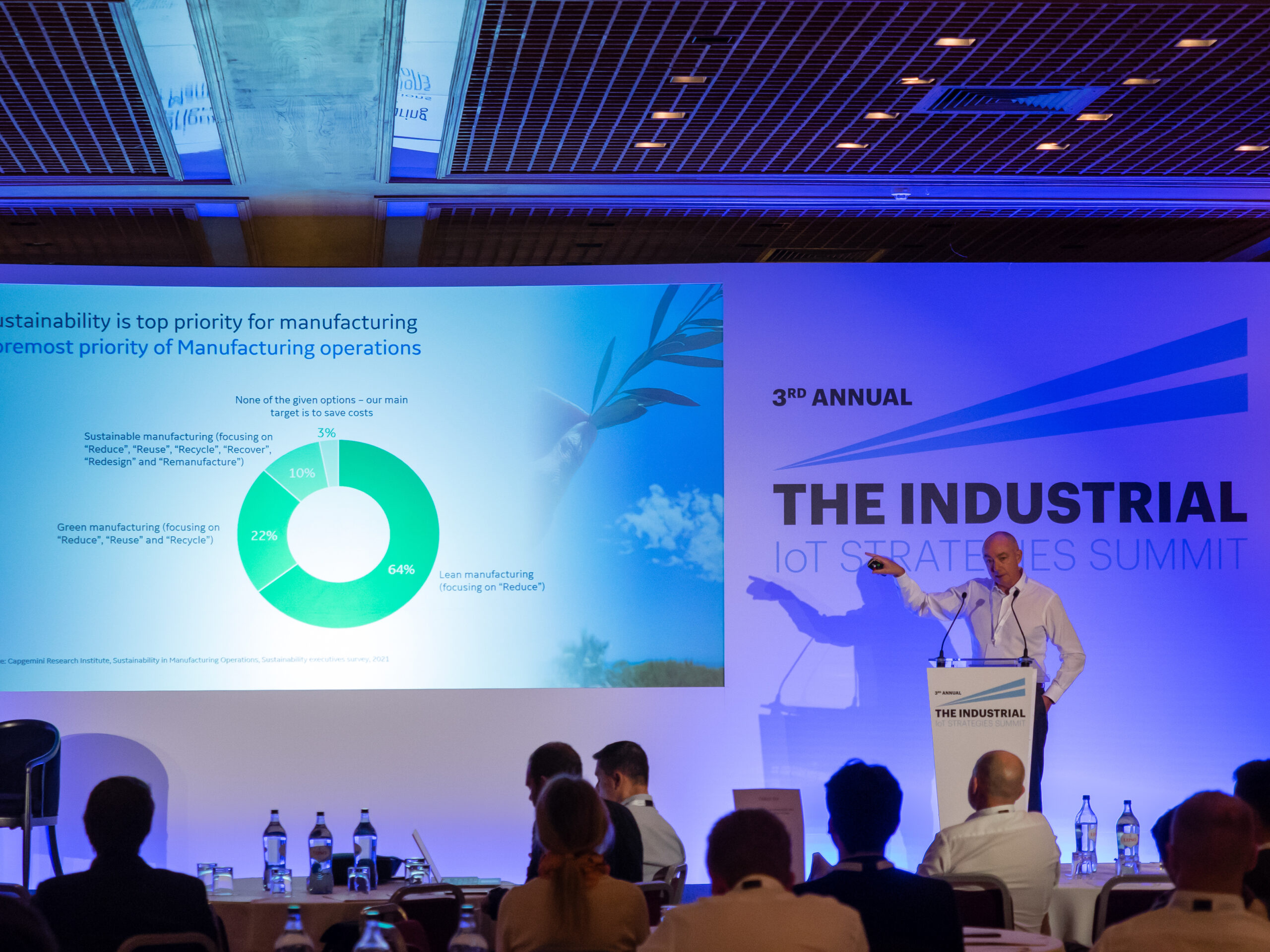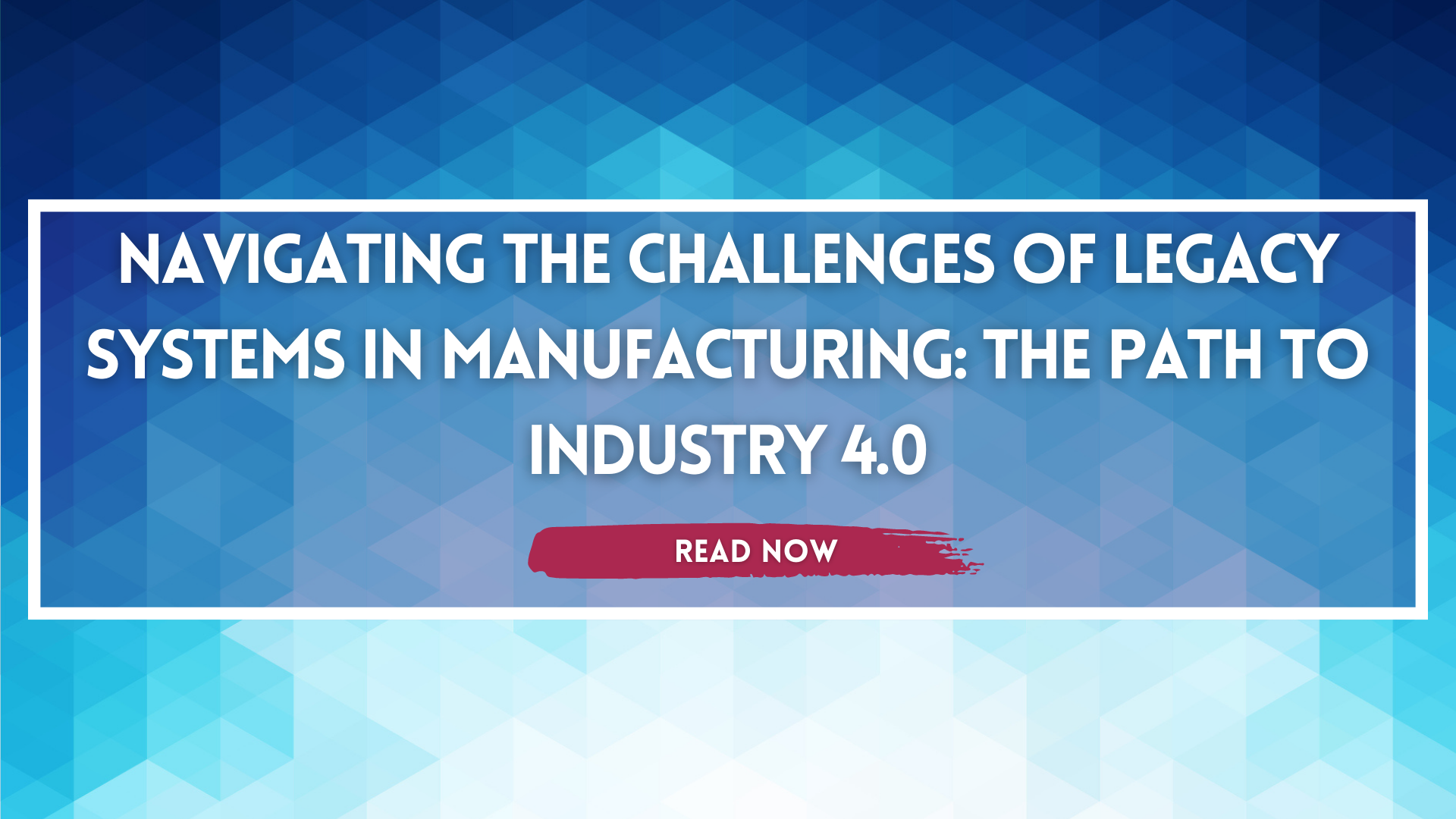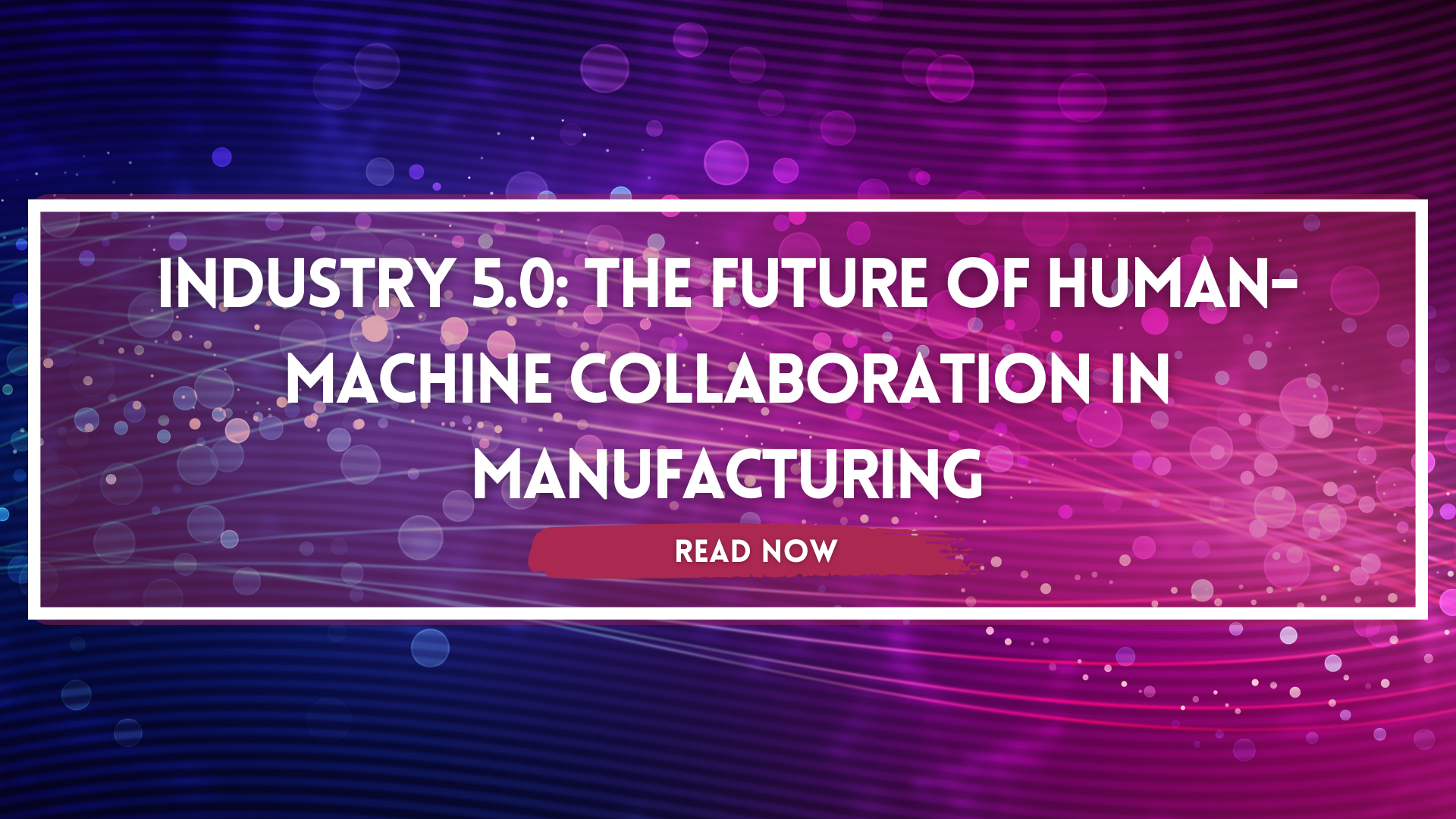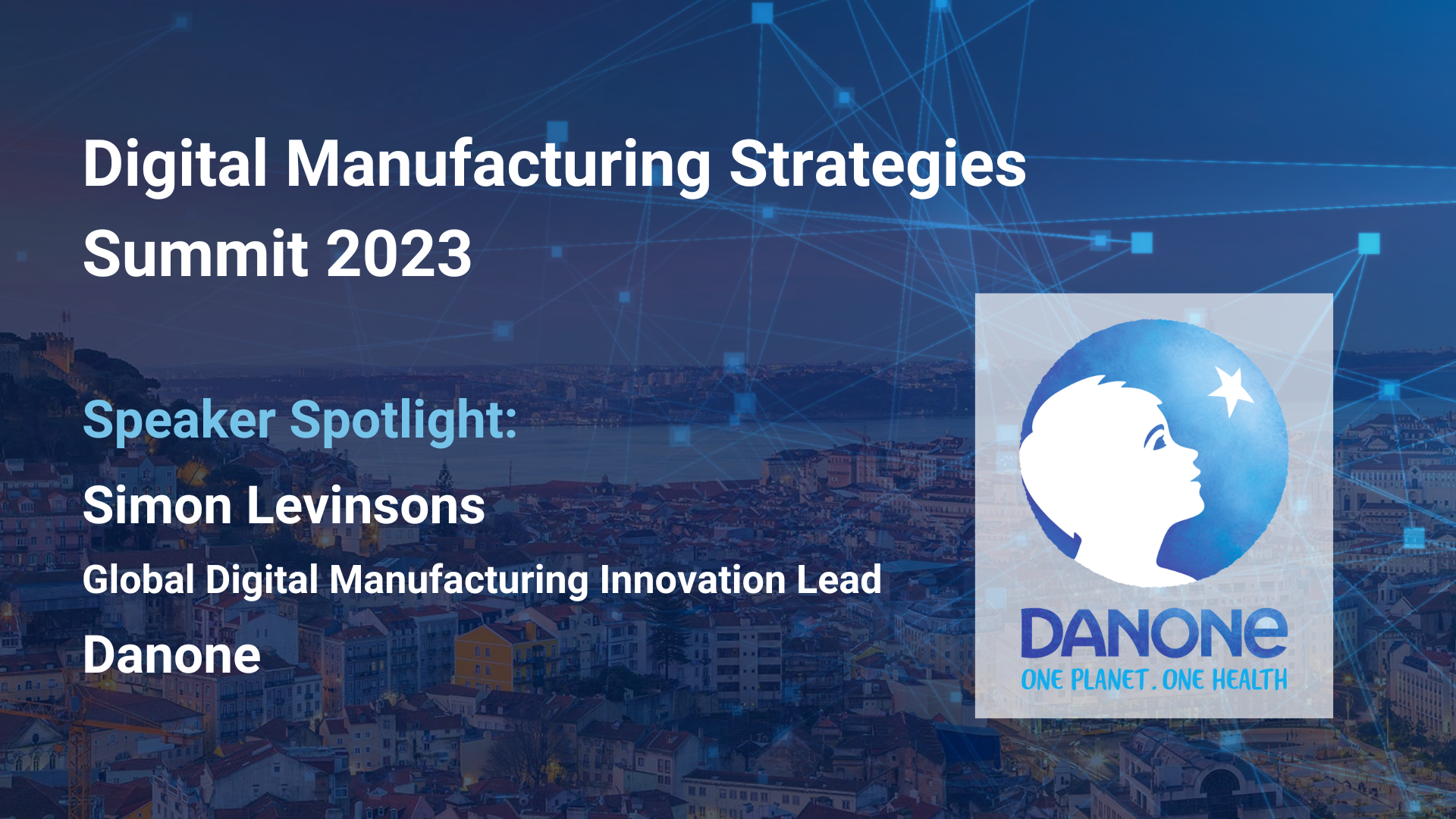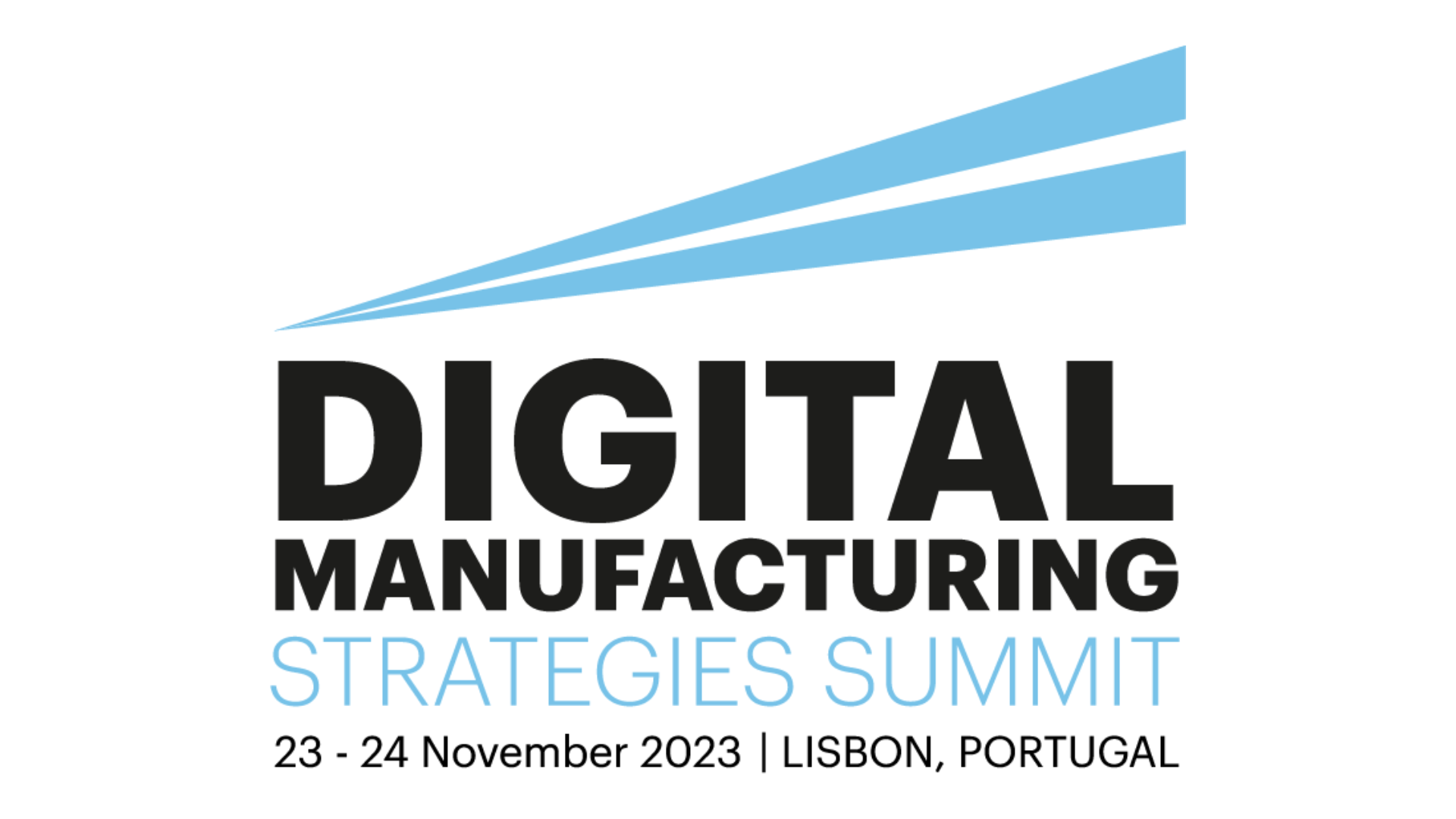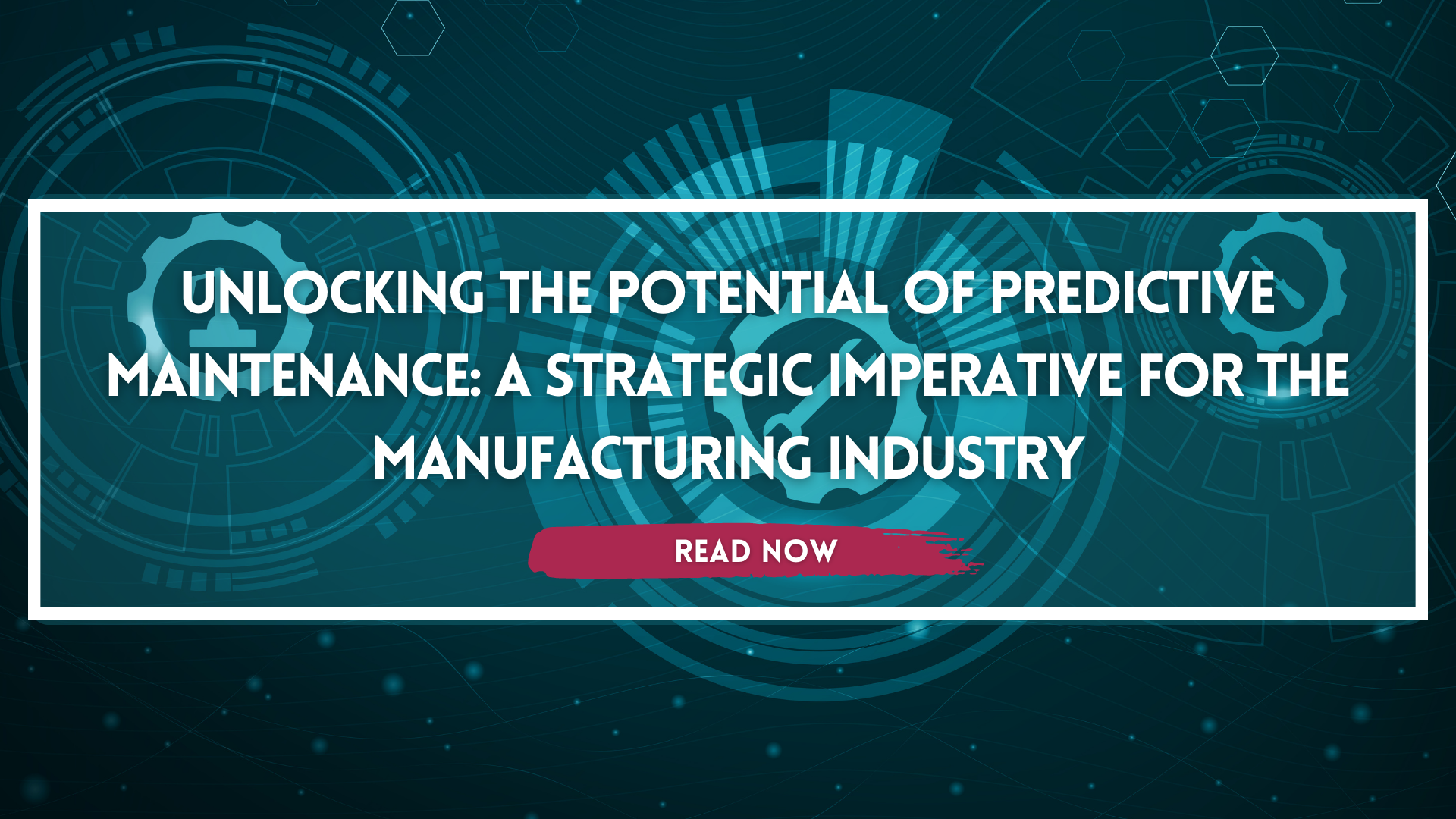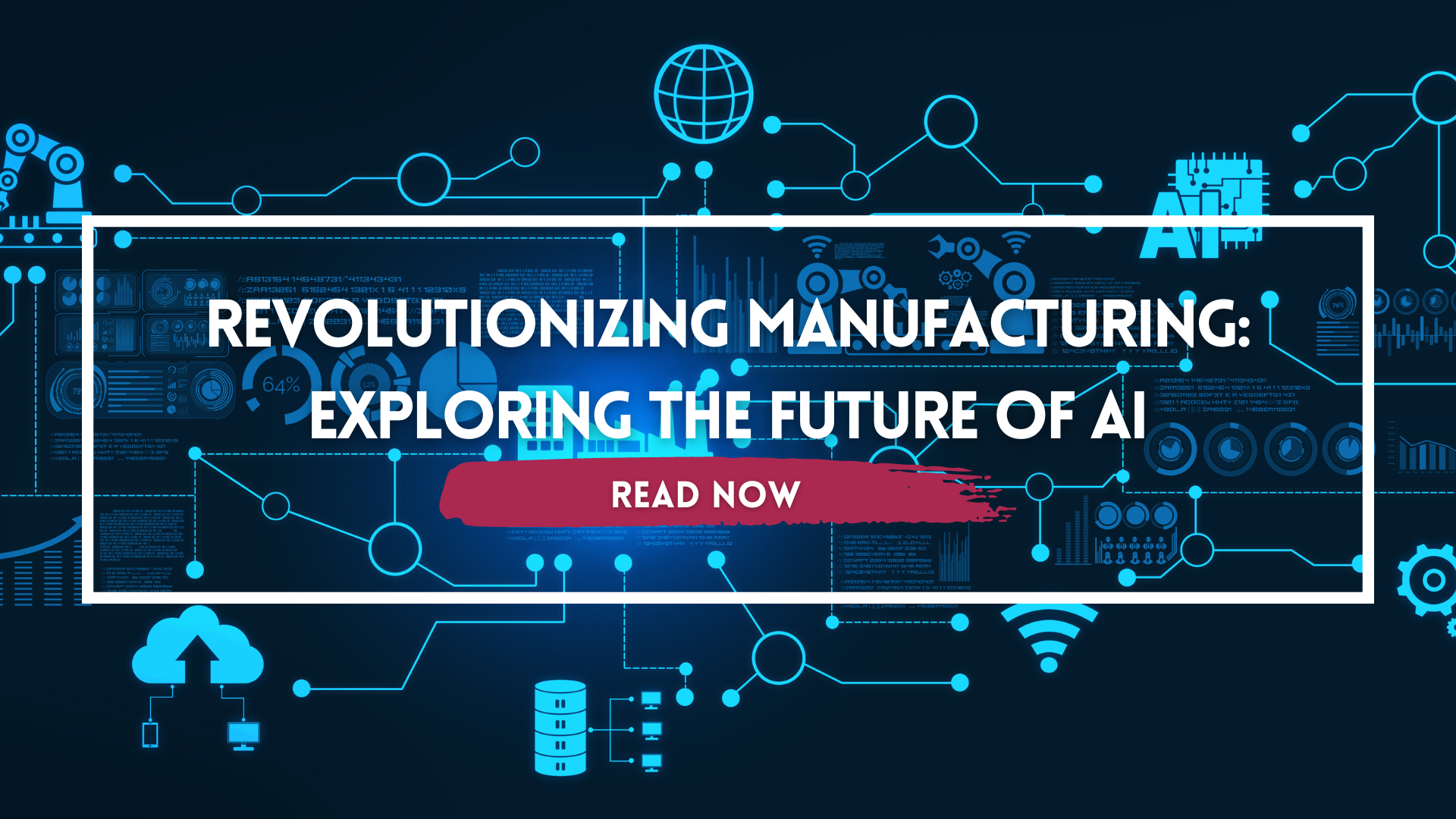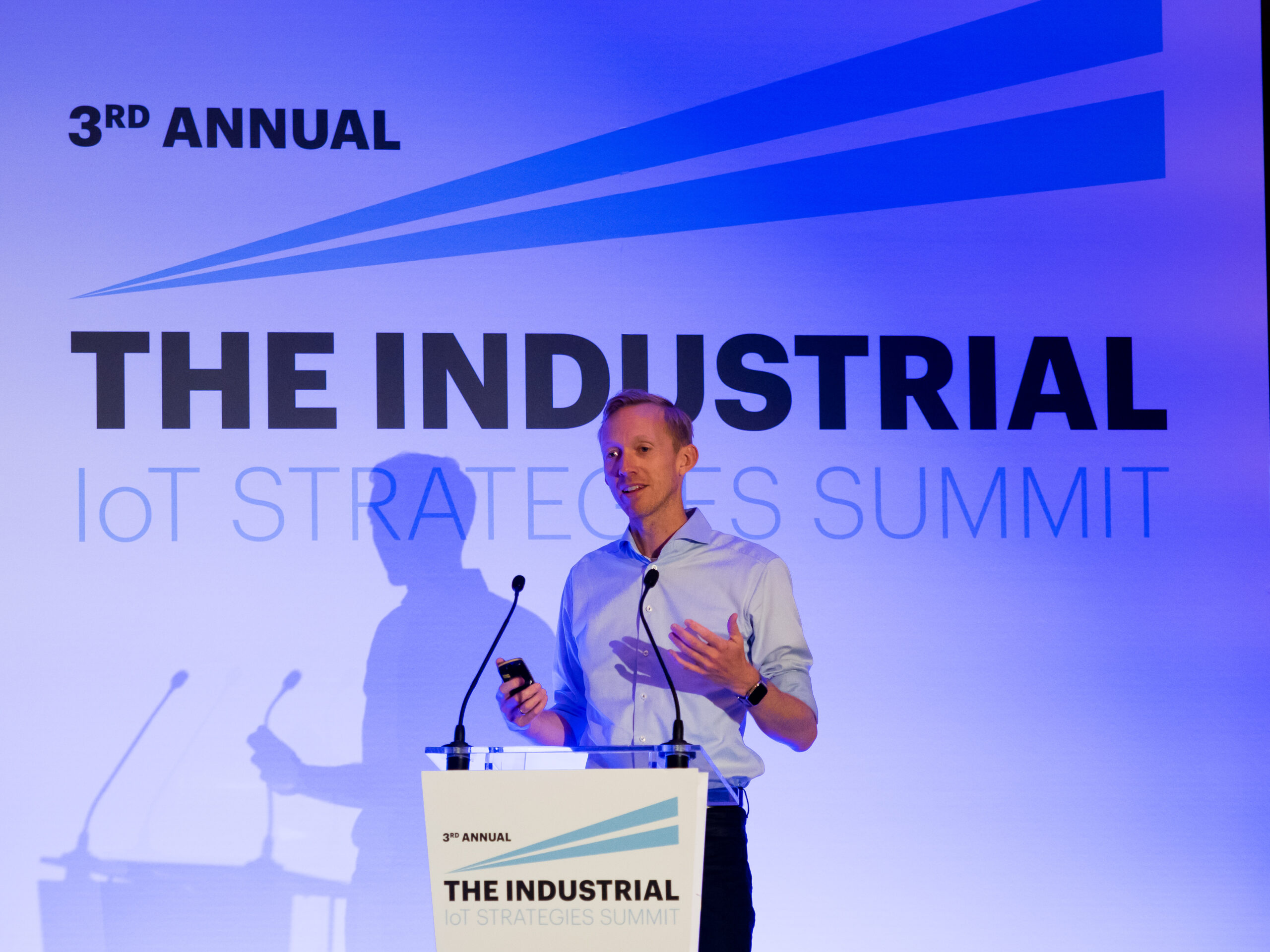We’ve been catching up the IIoT Strategies summit speakers to find out a little more about them, their sessions and their thoughts on the future of manufacturing….
Today we spoke with IIoT Cafe roundtable host and summit panellist, Matthias Berger, Digital Innovation Manager, Hoffmann Group.
We’d love to know a little more about you… how did you get into the industry and what drives you on?
After my PhD in Information Systems, I was looking for an opportunity to apply analytical skills and digital expertise in a field at the beginning of transformation processes. In the manufacturing industry, there is the possibility to have a strategic impact when you can combine physical and digital worlds. Thus, it is very interesting to help my company and our customers to find a path into digitization.
Since you began your career how has the manufacturing industry changed?
It is very interesting to see how the focus in the field of digital transformation evolves over time. In the beginning, there was a lot of effort to collect as much data as possible without a clear knowledge of what companies should do with the data. After some time, the companies realized that just collecting data has no value without a strategy. Thus, they started to look for appropriate use cases that justify the investments. Now, it seems like the manufacturing industry is ready for the next step and internalizes first profitable business cases applying digital technologies and exploiting the opportunities of data access.
Where do you think industry 4.0 has had the biggest impact?
In my opinion, the biggest win is a change in argumentation. In many organizations, the customer now is in the center of their business models. Managers think in terms of innovation processes and in terms of value propositions. They start to look for new solutions instead of trying to preserve the status quo. In terms of technological solutions and development, there are first good examples how processes can be optimized and how innovative products can look like bridging digital and physical worlds.
And, what do you see is the next big game-changer for the manufacturing industry?
I think the combined progress of technologies, products, and digitization will lead to two major opportunities. Digitization helps to make processes visual and to understand them, Thus, we will be able to optimize processes automatically which was not possible before because of their analogue character. Further, this will be the basis for completely new business models that are either fully digital or fully service-oriented.
There is always a lot of discussion around improving digital adoption… what do you think the biggest barriers are/were and what steps can the industry take to overcome them?
Technology is no barrier to development and digital adoption. I think that with enough time there will be a solution for every problem. Thus, I see mostly two factors which prevent fast progress. First, many top managers lack trust, courage, and patience to set up an environment in which new products and innovations can be developed. Old routines are no longer appropriate to come up with the right solutions in many cases and mostly the employees are the real experts that should take the critical decisions. Second, there are not enough developers and digital talents to meet the demand of the industry. Thus, companies must establish new leadership paradigms and adapt their working environment to be attractive for the few talents on the market.
What piece of advice would you give an organisation just starting out on their digital transformation journey?
Start with a target picture/vision. It should be clear for every employee in which direction their company is going and what digital transformation means in their working context. Then, it is necessary to formulate a very concrete strategy on how the management wants to derive the vision and which concrete steps should take place. Without a high degree of concreteness, different teams will just push their interpretation of the vision and there will be a lot of different dynamics resulting in different results which will be not in line with the overall target.
What do you think the industry will look like in ten years from now?
Nobody can predict the future. Thus, this question is very difficult. I think there will be more smart automation in terms of intelligent robots that can adapt to changes in their environment. Further, we will see an immense increase in software usage and process visualization. Finally, I think there will be at least some players, tech companies, that change industry patterns as they bring in new perspectives and routines.
What are you hoping to learn more about at the IIoT Strategies Summit?
I’m really looking forward to discussing new digital business models. There are a lot of different opportunities in broker models or in “as a service” models. Although these business models are not new in general, they are quite innovative for manufacturing. Especially because of emerging IIoT technologies, these business models create new patterns and characteristics that we must understand and learn. The Summit should be an adequate platform to share opinions, thoughts, and experience on this topic.
Matthais will be sharing his thoughts during panel discussion: Monetisation of Industrial IoT: Where is the Money? and he is leading a roundtable discussion during the at the IIoT Cafe session: How to establish a Broker business model
If you would like to join us at the Summit and take part in Matthais’ sessions, or one of the many other roundtables taking place, then please either BOOK HERE or call +44 (0) 20 3004 9791 to confirm your attendance.
The summit takes place on 13-14th March 2019 in Lisbon, Portugal and you can find all the details you need here.

